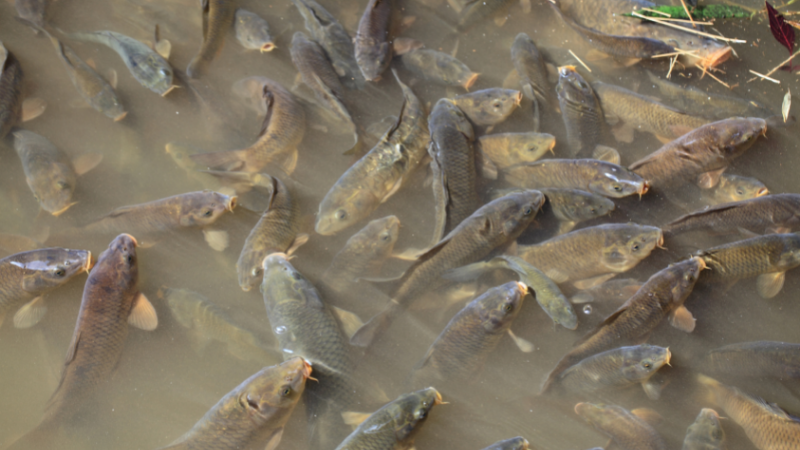Some of top Sharptooth/African catfish producing countries in Africa are Nigeria, Kenya, South Africa, Ghana, Cameroon and Mali. Although most Africans know the catfish, mostly the taste we bet, just those countries produce on a large scale. What is stopping the rest of us from jumping on to the production wagon? Interested in knowing what catfish production entails? vaMudhumeni is here to help you look at some pointers
Before you venture into catfish farming, establish
- How many you want to keep
- The number of catfish kept will depend on your capital and land available
- The water supply in that area. It is advisable to use borehole water for the pond as it is safer compared to other water sources
- The size of your target market
Most farmers may have the technical know-how of catfish production, but it is the market that has got them on their knees. Here are some tips on finding the market for your produce.
Target Market
- Catfish can be sold directly to consumers
- Hotels and Restaurants; remember catfish is a unique dish to many so a lot of restaurants may be interested in buying it in large amounts
- Butcheries
- Supermarkets
- Remaining stock can be smoked: there are consumers who prefer smoked catfish to fresh ones.
- You can try and tap into the export market. Nigeria alone exports about 5 tonnes of smoked fish/month to the States. However, one would have to make sure their produce meets the food regulations. The next catfish exporter could be you
- We advise you thoroughly study the market and approach entities mentioned above before production so that you get information on the specific requirements they expect of the produce such as size, weight, amount etc
- When it comes to actual marketing of your catfish, start contacting and notifying buyers about 3 weeks before they are ready for the market. This will save you money as by the time they are ready, they have buyers waiting for them so no more money lost on additional feed.
Farmers should also be aware of exploiters; those that come by to negotiate very low prices, throwing to waste all the work AND MONEY the farmer has put into the project, only for them to buy the fish at very low prices and sell at very high prices in the actual market. We recommend farmers source out reputable buyers in time to avoid this scamming.

